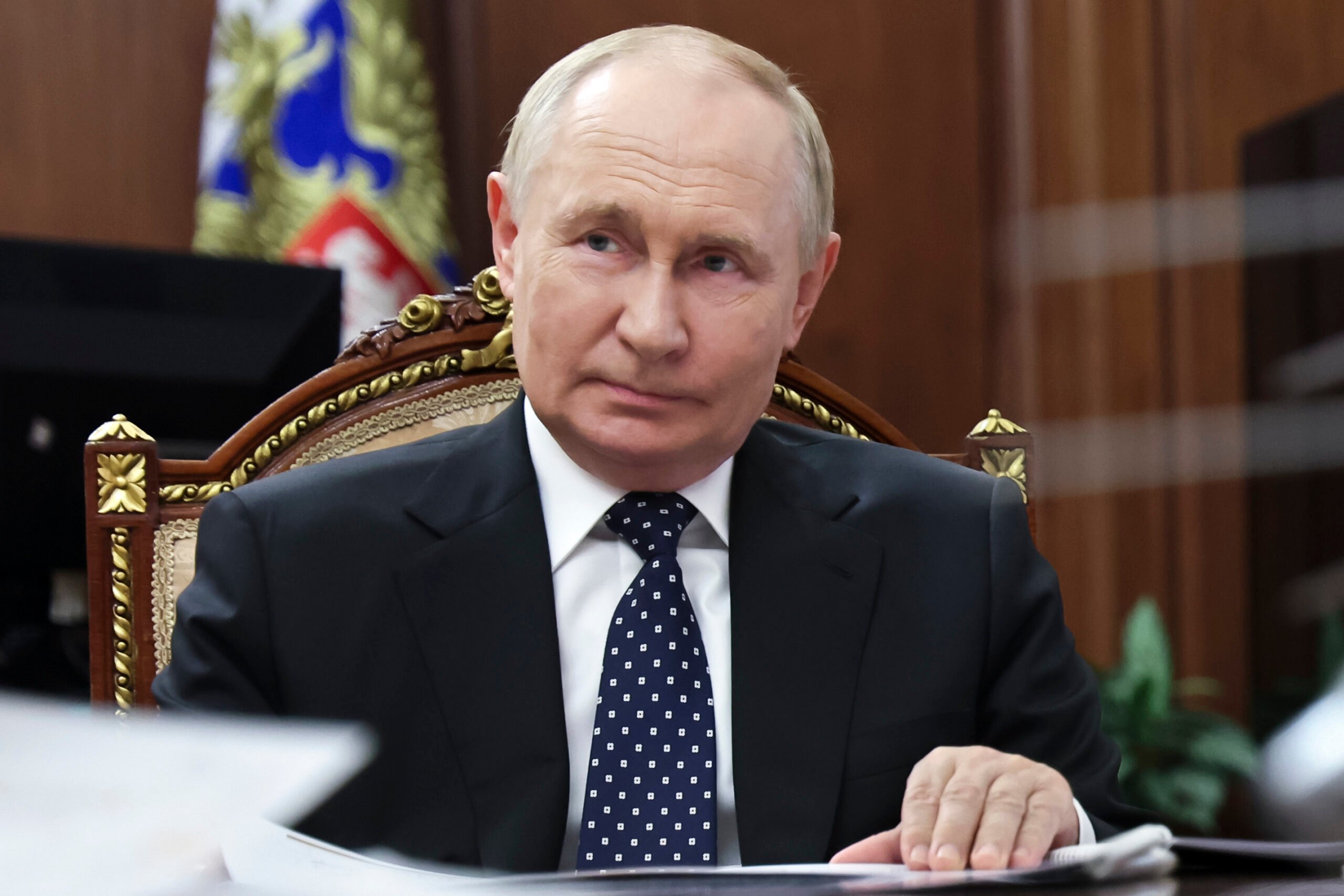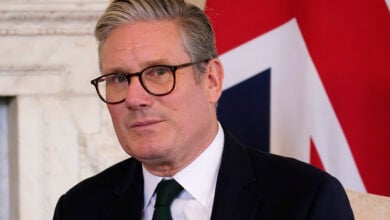Putin urges Russians to use work breaks for sex to boost birth rate
Russia faces severe demographic crisis, Putin suggests sex during work breaks

Russian President Vladimir Putin has sparked debate by reportedly encouraging citizens to use work breaks, such as lunch and coffee breaks, for sex to address the nation’s declining birth rate. Russia’s fertility rate stands at approximately 1.5 children per woman, well below the 2.1 rate necessary to maintain the population.
The Health Minister, Dr Yevgeny Shestopalov, has countered claims that demanding work schedules hinder family planning. Shestopalov stated that even those working long hours should utilise breaks for procreation, noting, “Life flies by too quickly.”
Putin has previously stressed the critical nature of this issue, stating, “The preservation of the Russian people is our highest national priority. The fate of Russia…depends on how many of us there will be. It is a question of national importance.”
Putin advises #Russians to use work breaks for procreation amid declining birth rate
Watch pic.twitter.com/gcEUnm09zi
— The Times Of India (@timesofindia) September 17, 2024
Russia’s birth rate has plummeted to its lowest since 1999, with fewer than 100,000 live births reported in June. According to Rosstat, the official statistics agency, there were 16,000 fewer births in the first half of 2024 compared to the same period last year. The population decline has accelerated by 18%, with 49,000 more deaths recorded this year, partly due to the ongoing conflict in Ukraine.
To combat these challenges, the Kremlin has implemented several measures to boost the birth rate. Women aged 18-40 in Moscow are encouraged to undergo free fertility checks. MP Tatyana Butskaya has suggested policies to incentivise employers to encourage female staff to have children. In the Chelyabinsk region, women under 24 who give birth to their first child can receive £8,500. The government is also limiting access to abortion, with public figures and religious leaders promoting the importance of childbearing and raising children. Divorce fees have been increased to discourage separations.
Politician Anna Kuznetsova has advocated for women to start having children at 19 or 20 to allow families to have three or more children.
The Russian government’s controversial measures highlight the severe demographic issues the country faces and the drastic actions being taken to counteract the decline.
What Other Media Are Saying
- India Today: Vladimir Putin advises Russians to use work breaks for sex to boost the nation’s dwindling birth rate, amid the Ukraine war and population decline. (Read more)
- NDTV reports that Russian President Vladimir Putin urges Russians to have sex during work breaks to boost the declining birth rate, with measures including free fertility checks and financial incentives. (Read more)
- TheDailyGuardian reports Vladimir Putin urging Russians to increase birth rate by suggesting sex during work breaks to combat declining fertility, emphasizing national priority and government measures to boost reproduction. (Read more)
Frequently Asked Questions
Here are some common questions asked about this news
Why did Putin suggest using work breaks for sex?
Putin suggested this to combat Russia’s plummeting birth rate.
What is Russia’s current fertility rate?
The fertility rate in Russia is around 1.5 children per woman.
What measures has the Russian government taken to boost the birth rate?
Measures include free fertility checks, financial incentives, abortion restrictions, and increased divorce fees.
How has the birth rate in Russia changed recently?
The birth rate has declined, with 16,000 fewer births in the first half of 2024 compared to the previous year.
What financial incentive is offered to young mothers in Chelyabinsk?
Female students under 24 who give birth to their first child receive £8,500.







